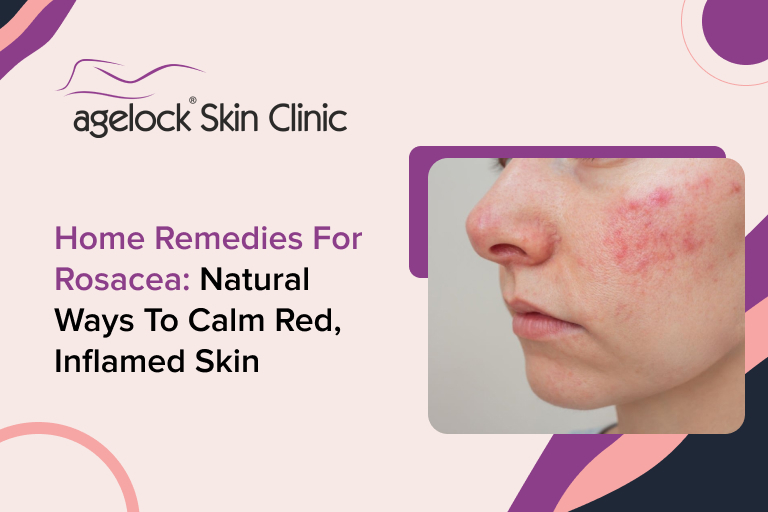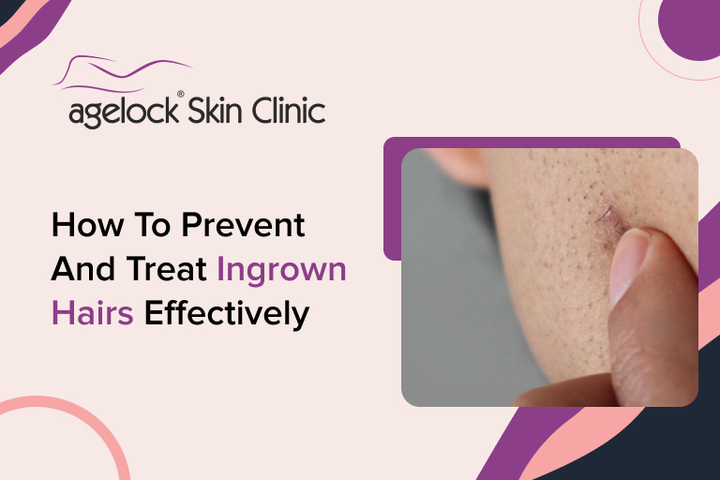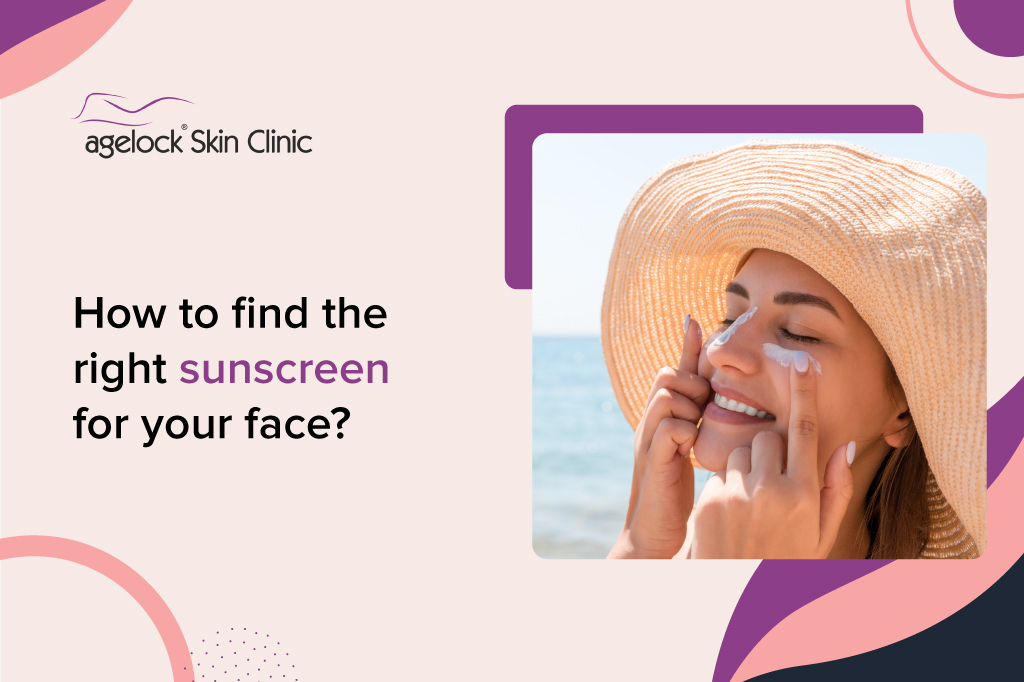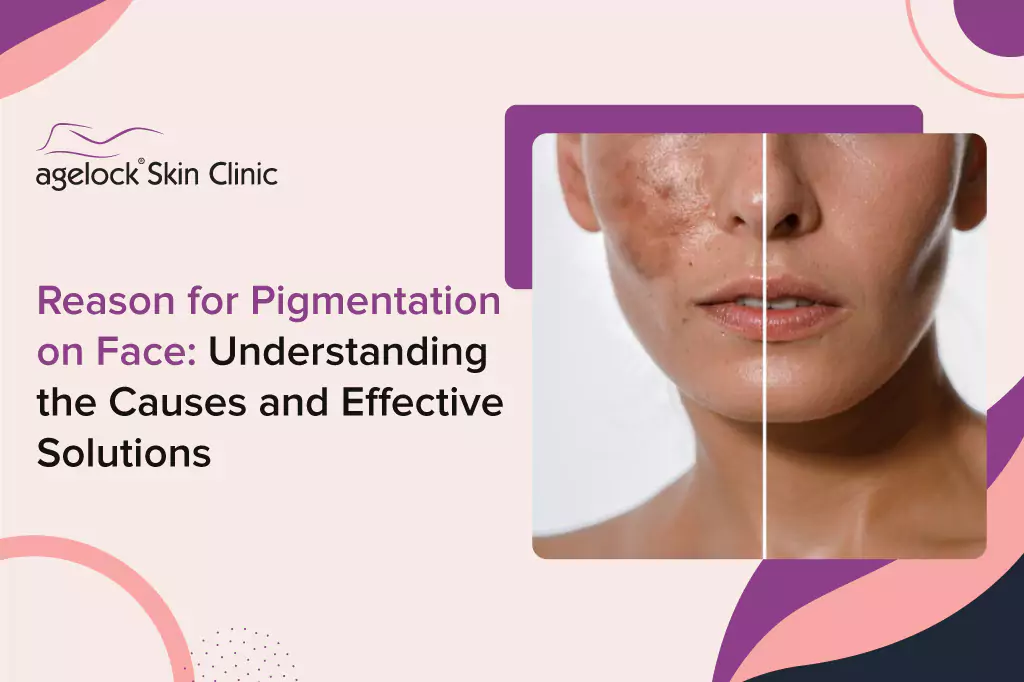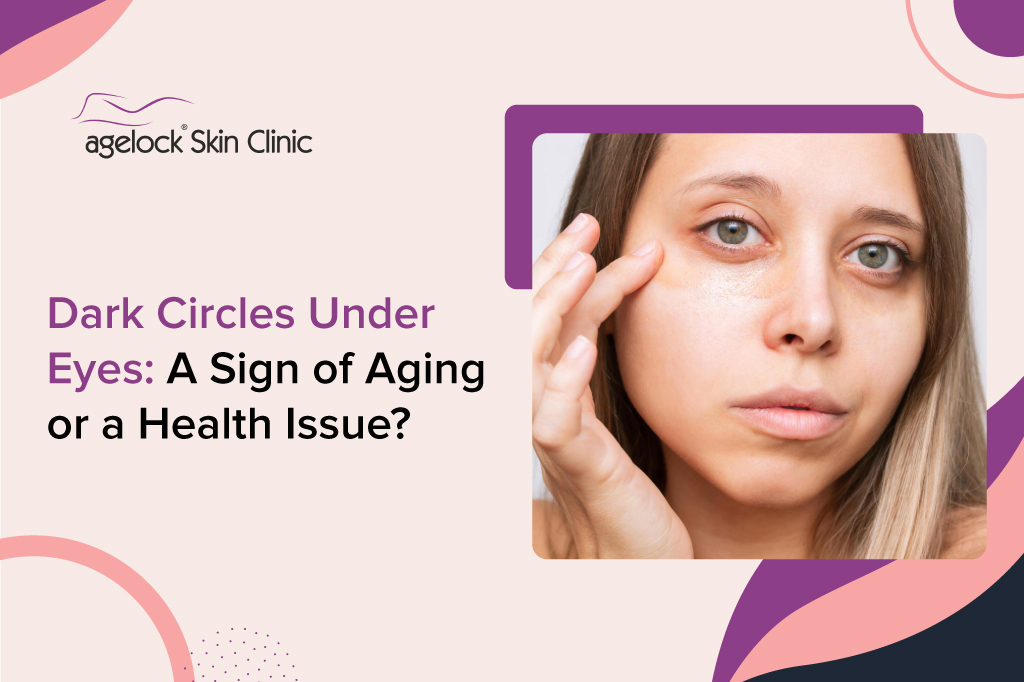Itchy skin, also known as nocturnal pruritus, can be an irritating and uncomfortable experience, particularly when it occurs at night. The causes of nighttime itching can vary, ranging from dry skin to underlying health conditions. In this article, we will explore the reasons behind itchy skin at night and discuss effective home remedies and treatments to alleviate the discomfort and promote better sleep.
Understanding the Causes of Night time Itching
Several factors contribute to itchy skin at night. One common cause is dry skin, which can be aggravated by low humidity levels, hot showers, or harsh soaps. Skin conditions like eczema, psoriasis, and dermatitis can also lead to nocturnal itching. Allergies to certain fabrics or laundry detergents may manifest as nighttime itching. Additionally, conditions such as scabies, hives, and insect bites can cause intense itching, especially when the body is at rest.
Home Remedies for Relieving Night time Itching
1. Moisturize: Regularly apply a hydrating moisturizer to combat dry skin. Opt for fragrance-free products with ingredients like shea butter or petroleum jelly for maximum effectiveness.
2. Cool Compresses: Place a cool, damp cloth on the itchy area to soothe the skin. Cold temperatures help alleviate inflammation and reduce itching sensations.
3. Oatmeal Baths: Add colloidal oatmeal to your bathwater to relieve itching. Oatmeal has anti-inflammatory properties that can provide temporary relief.
4. Natural Oils: Apply natural oils such as coconut oil, almond oil, or olive oil to moisturize and soothe the skin. These oils have anti-inflammatory properties that can alleviate itching.
5. Avoid Irritants: Identify and avoid potential irritants like harsh soaps, scented lotions, or tight clothing that may exacerbate itching. Opt for gentle, fragrance-free products.
Professional Treatments for Night time Itching
If home remedies do not provide sufficient relief, it is advisable to consult a dermatologist for further evaluation and treatment options. The dermatologist may recommend:
1. Topical Steroids: Prescription-strength corticosteroid creams or ointments can help manage itching associated with skin conditions like eczema or dermatitis.
2. Antihistamines: Oral antihistamines can be prescribed to reduce itching caused by allergies or certain skin conditions. These medications help counteract histamine, a compound released during allergic reactions.
3. Phototherapy: In cases where chronic skin conditions are responsible for nighttime itching, phototherapy may be recommended. This treatment involves exposing the skin to specific wavelengths of light to reduce inflammation and itchiness.
4. Medications: For severe cases, dermatologists may prescribe immunosuppressant drugs or biologics to control inflammation and suppress the immune response.
5. Allergy Testing: If allergies are suspected as the underlying cause of nighttime itching, allergy testing can be performed to identify specific triggers. Avoiding these allergens can help alleviate symptoms.
Conclusion
Itchy skin at night can disrupt sleep and affect overall well-being. While dry skin and skin conditions are common culprits, it is important to consult a dermatologist for a proper diagnosis and personalized treatment plan. Incorporating home remedies such as moisturizing, using cool compresses, and taking oatmeal baths can provide relief. In more severe cases, professional treatments like topical steroids, antihistamines, or phototherapy may be necessary. Remember, addressing the root cause is crucial for effective management and itch-free nights.



